Creating a food cart on a flatbed trailer is not just a practical solution for mobile businesses; it’s an opportunity to deliver culinary delights wherever you go. We understand the nuances of such a venture and the intricacies involved. This guide will walk you through every aspect of constructing your food cart, from choosing the right flatbed trailer to equipping it with the necessary tools for success.
Choosing the Right Flatbed Trailer
Types of Flatbed Trailers
Heads-up: Selecting the appropriate flatbed trailer for your food cart is fundamental to ensuring functionality and efficiency. Let’s break down the types you might consider:
| Trailer Type | Description | Pros | Cons |
|---|---|---|---|
| Standard Flatbed | A basic, open trailer with no sides. | Cost-effective; versatile. | Less protection from elements. |
| Gooseneck Trailer | Offers improved stability; a curved neck attaches to the vehicle. | Enhanced towing capacity; larger space. | Requires special hitch; potentially more expensive. |
| Tilt Trailers | Trailer bed tilts for easy loading/unloading. | User-friendly; reduces strain. | May have a weight limit; not as stable when tilted. |
| Enclosed Trailers | Offers side walls and a roof for full protection. | Weatherproof; secure storage. | Heavier; potentially limits accessibility. |

Key Considerations
- Weight Capacity: Ensure the flatbed trailer can handle the weight of your cart and equipment.
- Size: Assess your space requirements based on the volume of food you plan to serve.
- Towing Capacity: Verify that your vehicle can safely tow the chosen trailer type.
Designing Your Food Cart
Layout Considerations
Designing a functional food cart is an art. A thoughtful layout can significantly enhance operational efficiency. Here are essential components to incorporate:
- Cooking Equipment: Depending on your menu, this may include grills, fryers, or ovens.
- Preparation Areas: Designate a space for food preparation to streamline cooking operations.
- Serving Station: An accessible area for taking orders and serving food.
- Storage Solutions: Ensure adequate storage for ingredients and supplies to avoid clutter.
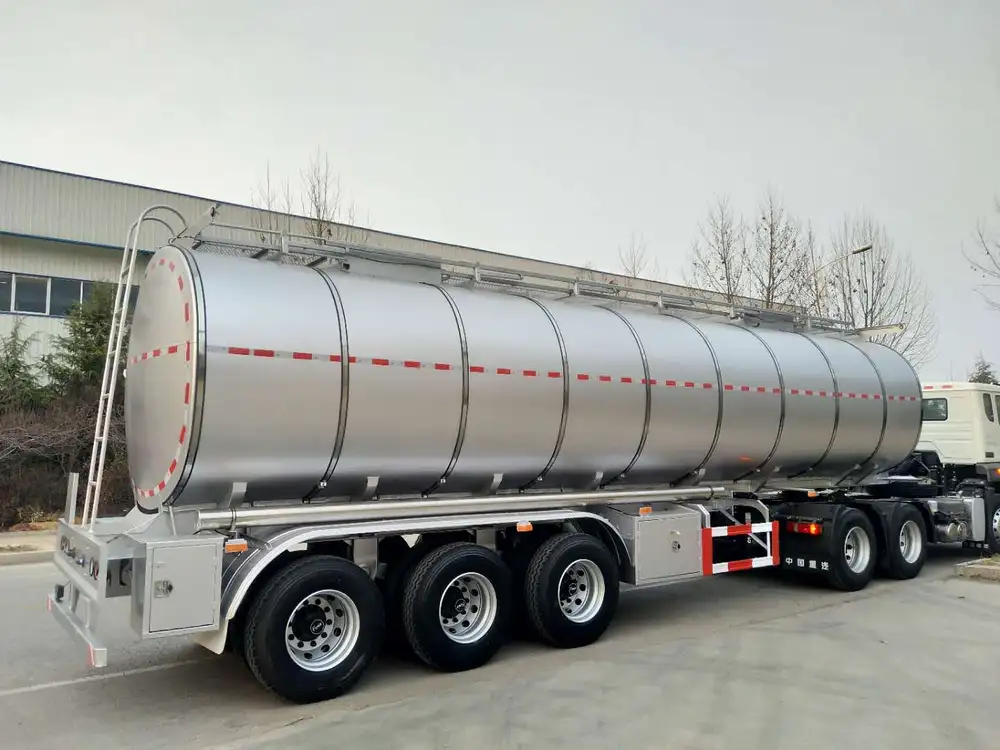
Dimensions and Space Optimization
- Ergonomic Design: Prioritize a layout that promotes operator comfort and accessibility.
- Vertical Space Utilization: Use racks and shelving to maximize storage without sacrificing floor space.
- Workflow Efficiency: Arrange equipment to minimize movement. An effective workflow goes a long way in speeding up service.
Materials and Construction
Choosing the Right Materials
Selecting durable materials is vital for the longevity of your food cart. Here’s what to consider:
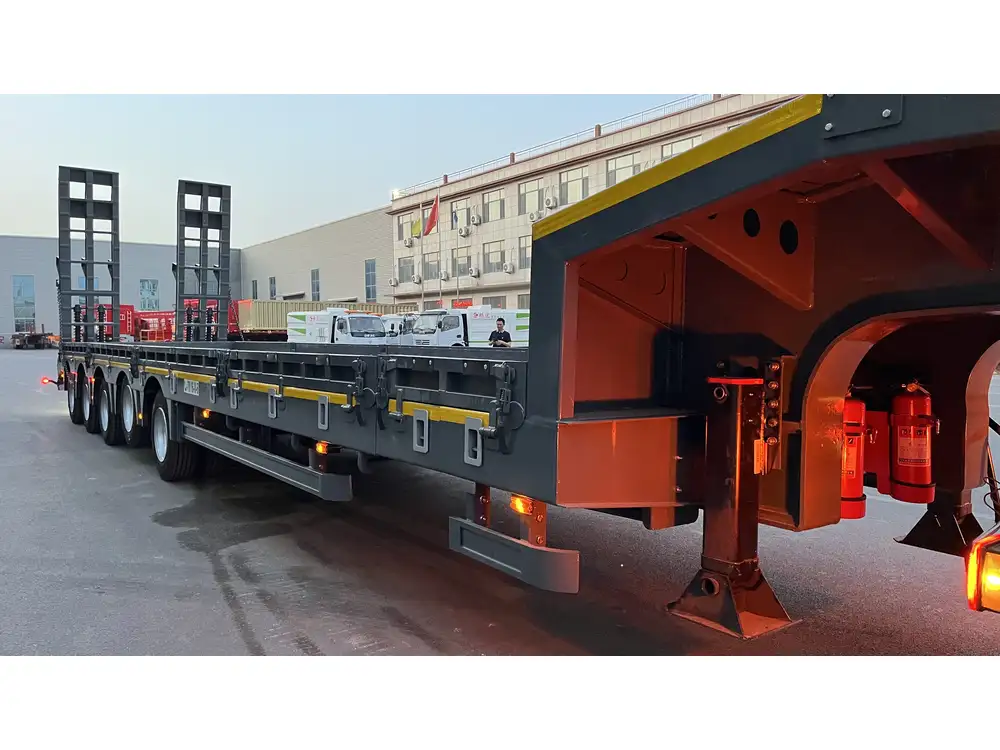
Structure
- Aluminum: Lightweight and resistant to rust.
- Steel: Offers durability but may require protective coatings.
- Wood: Aesthetic but can be prone to rot; ensure proper sealing.
Insulation and Flooring
- Insulated Panels: Keep foods at the right temperatures and provide energy efficiency.
- Non-slip Flooring: Essential for safe movement in a high-traffic area. Rubber mats or textured surfaces are advisable.
Building Process
- Frame Construction: Start with a solid frame, ensuring that it meets the trailer’s specifications. Secure metal reinforcement at corners.
- Panel Installation: Attach wall and roof panels, followed by insulation.
- Flooring: Install non-slip flooring that is easy to clean and maintain.
- Cooking Station Setup: Mount cooking appliances, ensuring secure electrical and gas connections.
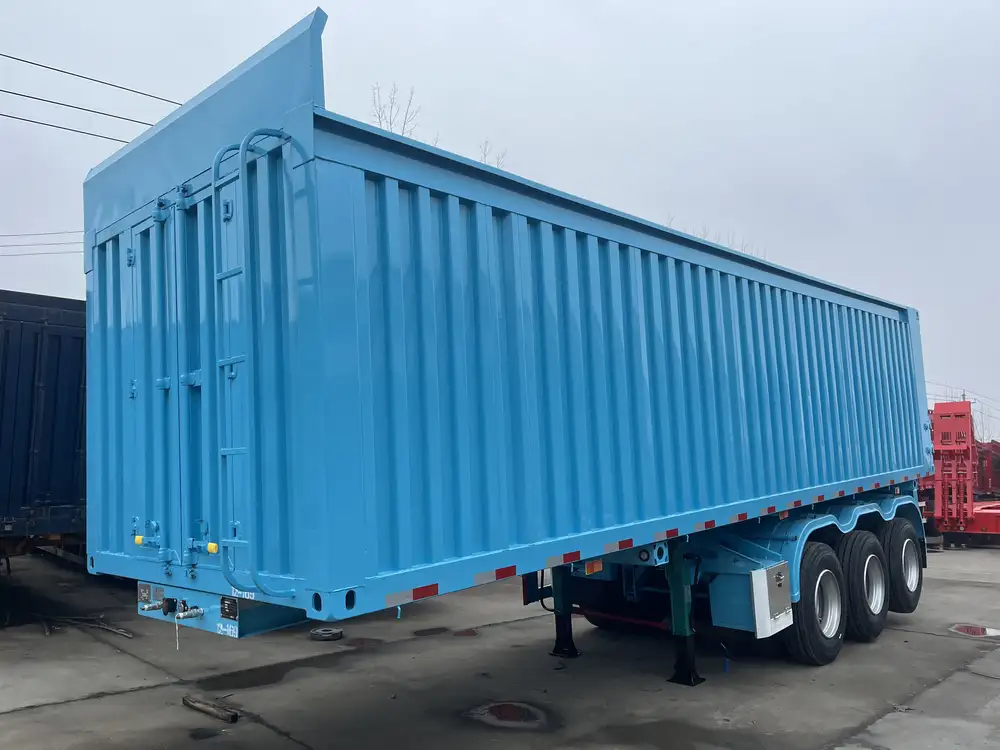
Essential Equipment for Your Food Cart
Must-Have Kitchen Equipment
A well-equipped cart is key to minimizing downtime. Here’s a checklist of essential equipment:
| Equipment | Purpose |
|---|---|
| Grill/Fryer | For cooking various food items. |
| Refrigeration Unit | Keeps perishable items safe and fresh. |
| Prep Table | Space for assembly and food prep. |
| Sink | For washing hands and equipment. |
| Serving Counter | Direct customer interaction area. |
Optional Enhancements
- Generator: Provides power for appliances and lighting.
- Menu Board: A visible menu display to attract customers.
- Lighting: LED fixtures for visibility during late hours.
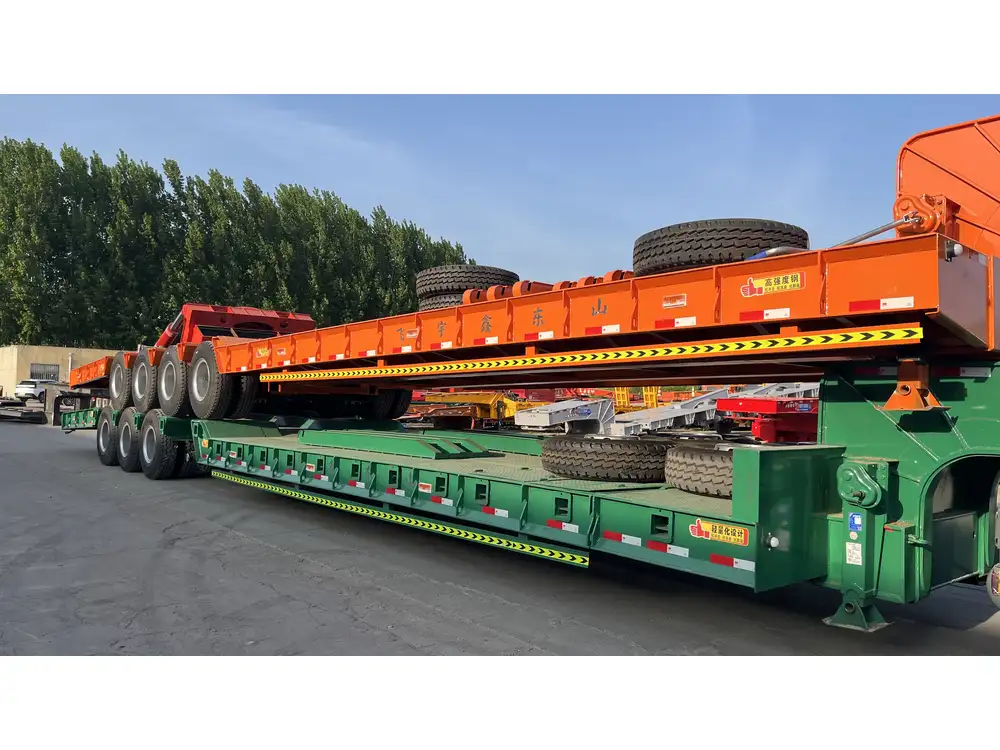
Health and Safety Regulations
Compliance Essentials
Adhering to local health and safety regulations is critical before launching your food cart. Here are important steps to take:
- Permits and Licenses: Research local requirements for food vending permits and health department regulations.
- Health Inspections: Be prepared for inspections by maintaining cleanliness and proper food handling practices in your cart.
- Food Storage Regulations: Ensure proper refrigeration and storage methods comply with health codes.
Safety Equipment
| Equipment | Purpose |
|---|---|
| Fire Extinguisher | Essential for emergency fire situations. |
| First Aid Kit | Addresses minor injuries and emergencies. |
| Safety Signage | Prepare customers and staff for potential hazards. |

Marketing Your Mobile Food Business
Defining Your Brand
Your food cart has the potential to stand out in a competitive market. Consider these branding strategies:
- Unique Selling Proposition (USP): Clearly define what sets your cart apart—be it menu specialization, sustainability, or service speed.
- Visual Identity: Invest in eye-catching graphics and signage that reflect your brand’s personality.
Customer Engagement Tactics
Engaging customers effectively can make a significant difference in sales:
- Social Media Presence: Promote your location, menu, and special offers through platforms like Instagram or Facebook.
- Loyalty Programs: Encourage repeat customers with discounts or rewards for frequent purchases.
- Community Engagement: Participate in local events or markets to raise brand awareness and foster relationships.
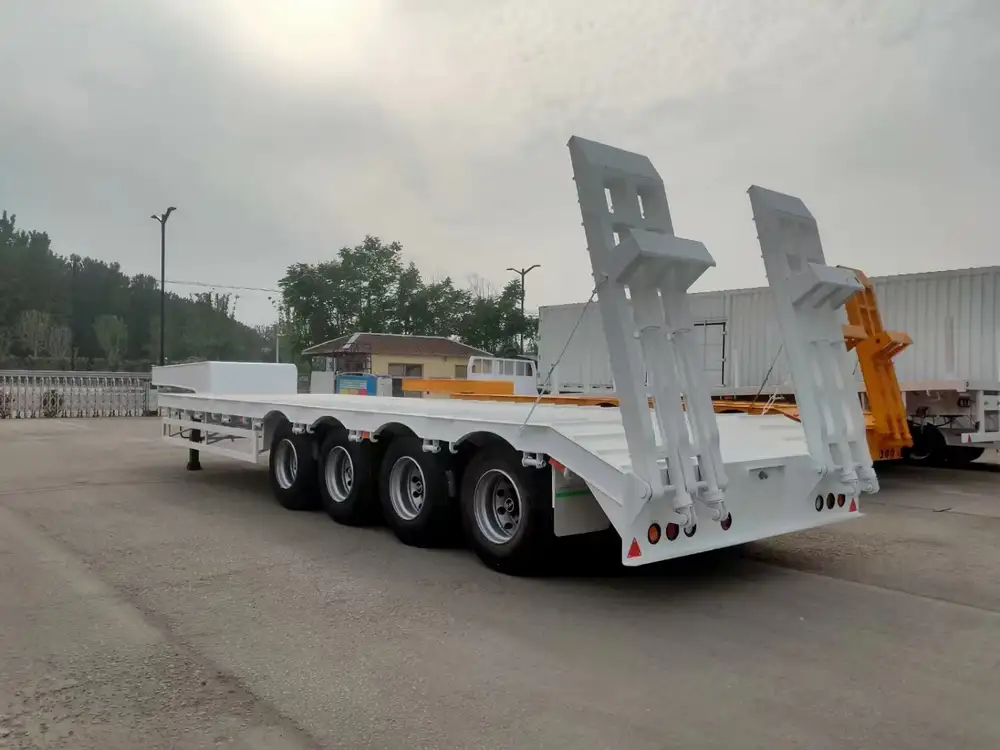
Financial Considerations
Budget Breakdown
Crafting your food cart on a flatbed trailer involves various costs. A budget breakdown can help clarify potential expenses:
| Expense Category | Estimated Cost |
|---|---|
| Trailer Purchase | $2,000 – $15,000 |
| Materials & Supplies | $1,000 – $5,000 |
| Equipment | $2,500 – $10,000 |
| Licensing & Permits | $200 – $1,000 |
| Marketing | $500 – $3,000 |
| Total Estimate | $6,200 – $34,000 |
Funding Options
- Self-Funding: Utilizing personal savings can be beneficial.
- Loans: Consider small business loans or grants specific to food trucks or mobile vendors.
- Crowdfunding: Leverage platforms like Kickstarter to attract community support and initial funding.
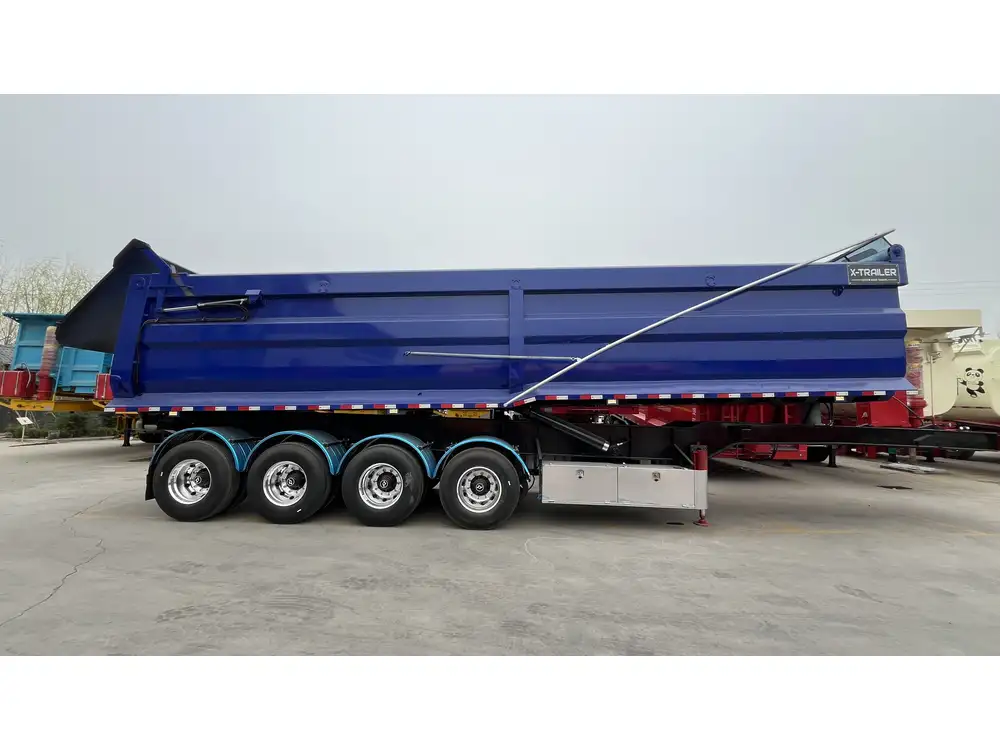
Common Challenges and Solutions
Navigating Roadblocks
Every venture comes with its set of challenges. Identify common ones and explore solutions:
- Regulatory Hurdles: Stay informed of local zoning laws—consult local business bureaus for clarification.
- Seasonality Issues: Adapt your menu or service style to different seasons to maintain consistent customer interest.
- Operational Strain: Implement technology to streamline order processing, payment, and inventory management.
Encouraging Adaptability
Flexibility can make or break your food cart business. Stay engaged with your customers, adjust to their preferences, and keep track of emerging food trends to adapt your offerings accordingly.
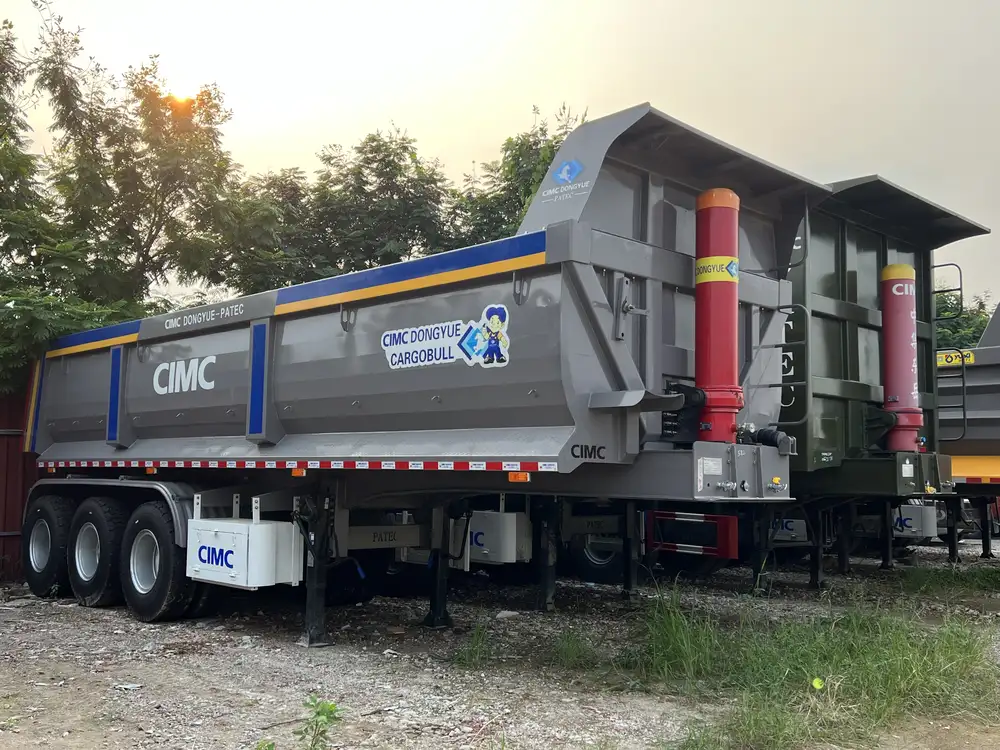
Conclusion
Constructing a food cart on a flatbed trailer combines creativity, practicality, and business acumen. With careful consideration of trailer selection, design, compliance, and marketing, you’ll be primed for success in the mobile food industry. The journey of entrepreneurship may be riddled with challenges, but equipped with the proper knowledge and resources, you stand to create not just a food cart but an experience that resonates with customers, ensuring your culinary offerings are savored far and wide. Whether serving tacos, gourmet sandwiches, or artisanal treats, the path you carve can lead to a rewarding mobile culinary venture.
Next Steps
- Downloadable Resources: To aid your start-up journey, consider a downloadable checklist to keep track of necessary equipment, permits, and finances.
- Webinars and Workshops: Engage with industry professionals through online workshops to enhance your understanding of food cart operations and marketing strategies.
Dive into your endeavor with confidence; the world awaits your delicious offerings!



